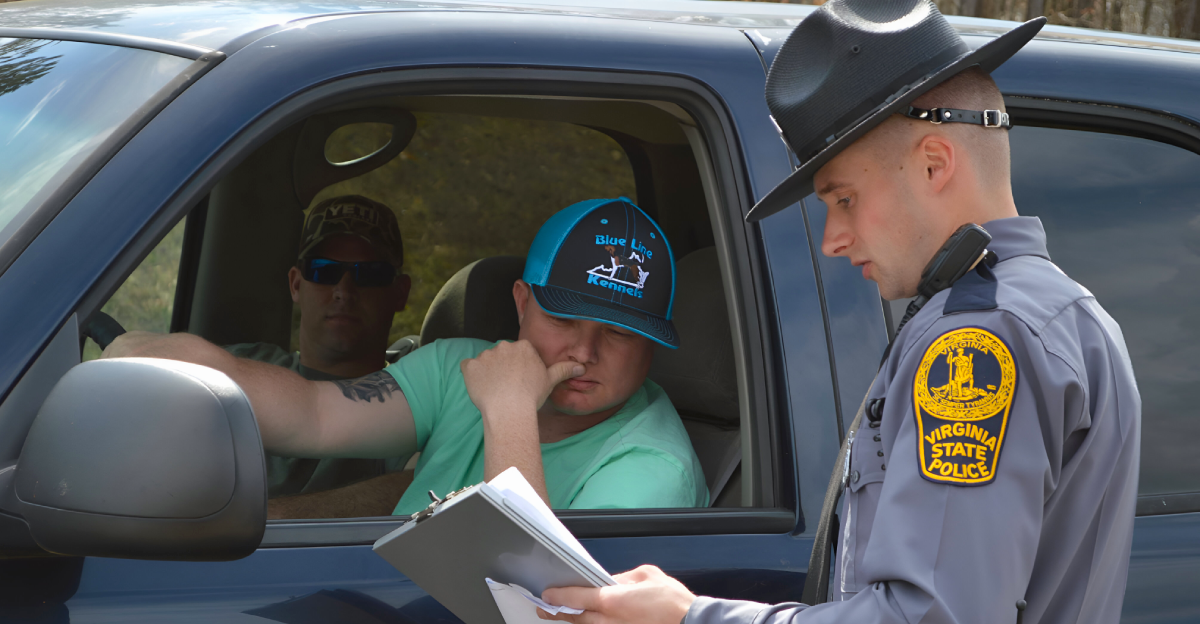
Virginia drivers and passengers alike will be hit with a new fine this summer. The new statute targets not only the driver but also anyone in the vehicle.
For the first time in history, all adults in the vehicle, whether they’re driving, sitting shotgun or relaxing in the back seat are now required to buckle up or face the consequences.
The ripple effect of this change is immediate and far-reaching, shattering long-held habits and sparking new conversations about safety, responsibility, and what it really means to care for one another on the road.
The Fine That Caught Everyone Off Guard
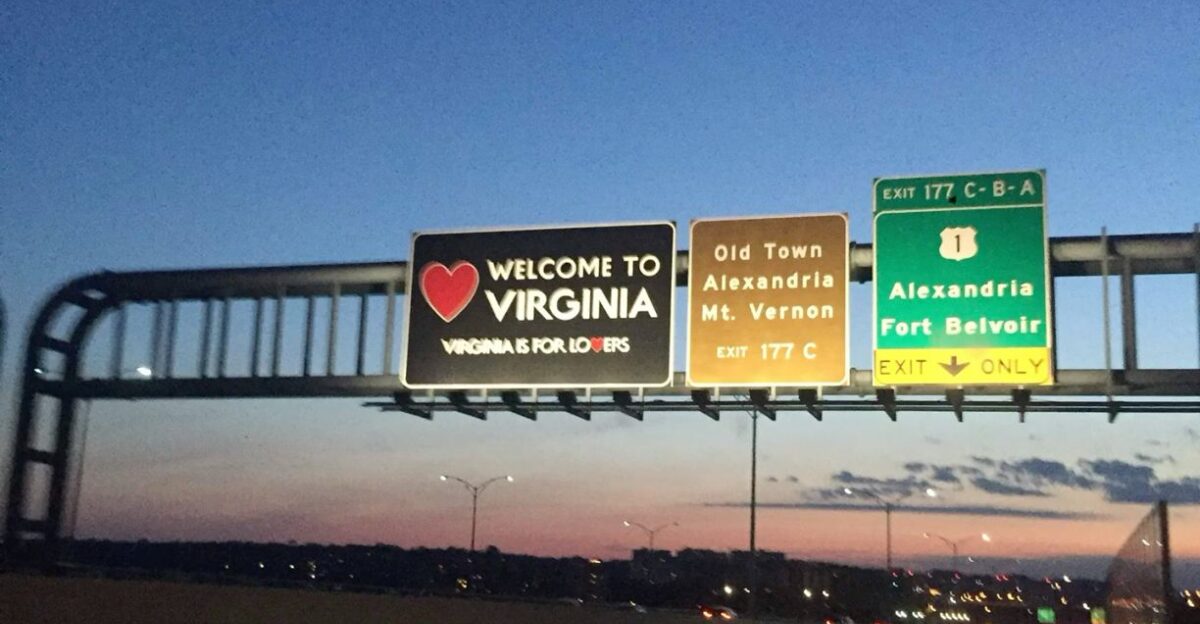
Imagine cruising down a Virginia highway. The music is turned up as you sing along to your favorite Friday jam. Your windows are down, you can feel the cool air on your face, and life seems so carefree when suddenly, you’re pulled over.
As of July 1, 2025, you can be fined for the secondary offense of not wearing a seatbelt in the back seat of a moving vehicle. So while you won’t be pulled over for this offense alone, an officer can only issue a citation if your passengers are found to be unbuckled after stopping you for another reason.
The fine? $25, which applies to every adult in every seat. This new law’s reach is universal—drivers, friends, rideshare passengers, even grandma in the back.
Why Now? The Tragic Catalyst Behind the Law
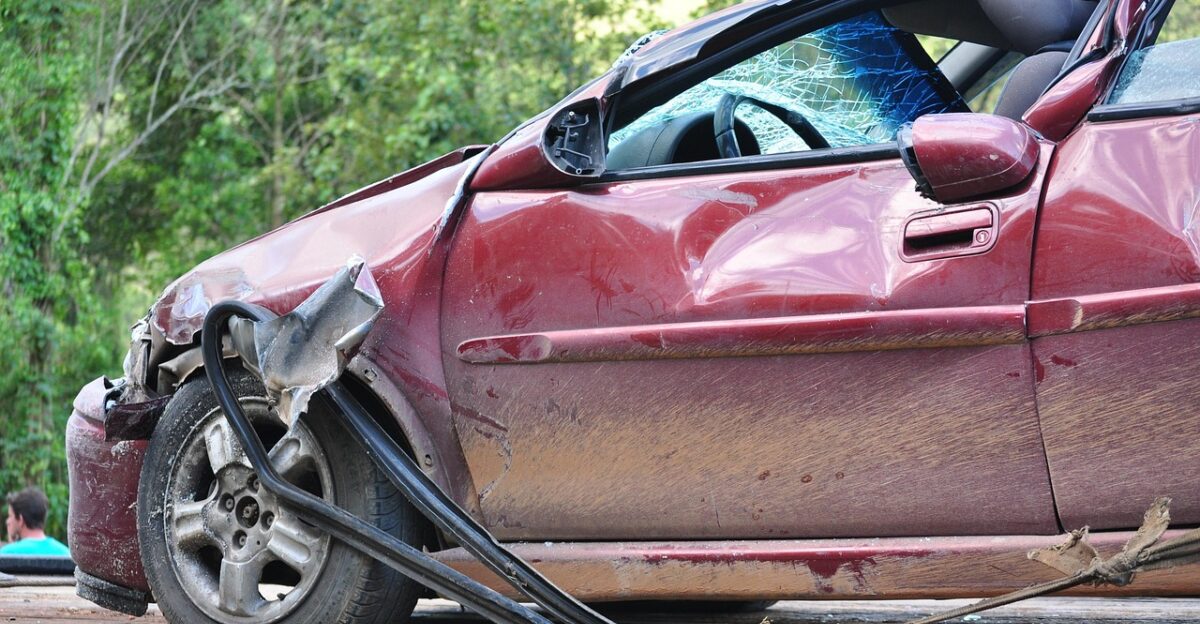
The story behind this law is heartbreakingly human. In 2020, a high school graduate named Christopher King died in a car crash while sitting, unbuckled, in the back seat of a friend’s Mustang.
His death exposed a lethal loophole: Virginia’s old law only required those in the front seats to wear seatbelts. Today, with the Christopher King Seat Belt Law, that loophole is closed, and the message is clear: there are no excuses and minimal exceptions.
Exceptions to Virginia’s New Seatbelt Law
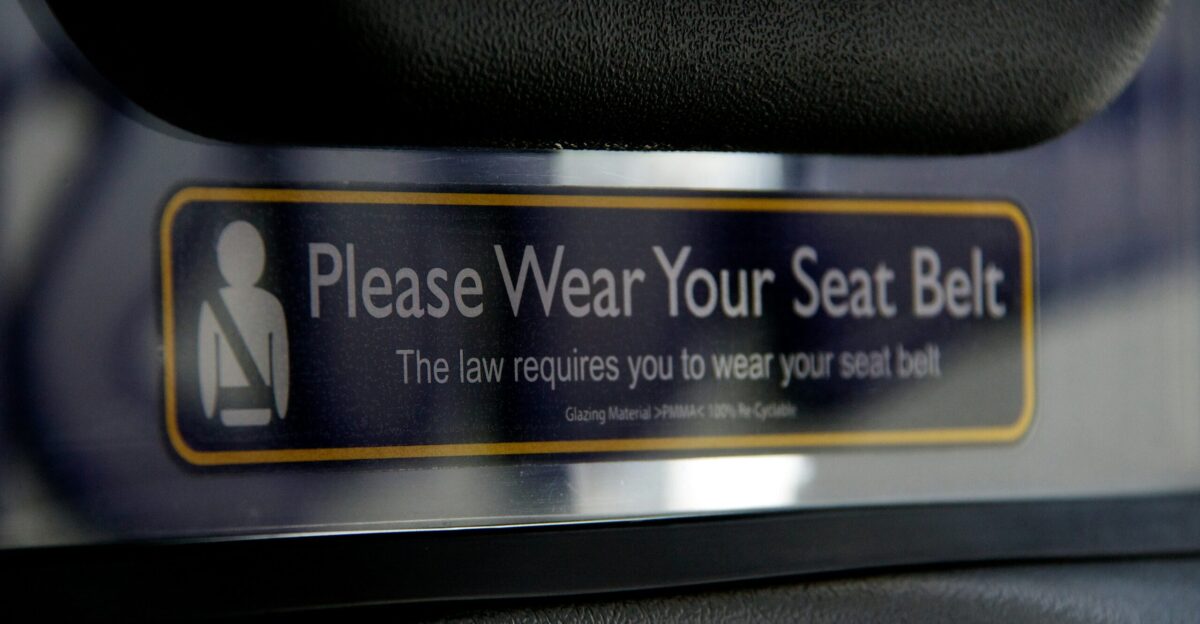
It’s important to note that not everyone is required to buckle up under the new Virginia seatbelt law. Newsweek reported that exceptions include individuals with a verified medical exemption, passengers in certain commercial vehicles like buses and taxis, and those in vehicles not originally equipped with seatbelts.
Further, children are covered by separate child safety seat regulations under Virginia’s Child Restraint Device Law.
Behind the Curtain: Institutions Mobilize for Change

The legislative push wasn’t just emotional and passionate—it was intentional. Legislators, safety organizations, and the DMV all united behind the data: Virginia was at the bottom of the list when it came to seatbelt use nationwide, with only 73% compliance in 2023, according to statistics from the National Highway Safety Administration.
Ultimately, the law isn’t about the fines themselves; it’s about transforming a cultural habit, saving lives, and finally listening to what scientific experts, such as those at the U.S. Department of Transportation and others worldwide, have been screaming for decades: seatbelts save lives, no matter where you sit.
From Viral Tragedy to Everyday Reality

Christopher King’s story didn’t make only headlines—it went viral. Redditors, TikTokers, and YouTubers debated childhood myths like “the back seat is safer” and shared the stomach-turning statistics linked to his death.
Passing this law has already redefined car travel, classrooms, and dinner tables. Buckling up in the back isn’t just a recommended safety procedure anymore—it’s the law.
Habits Evolve: Foundations Lead the Way
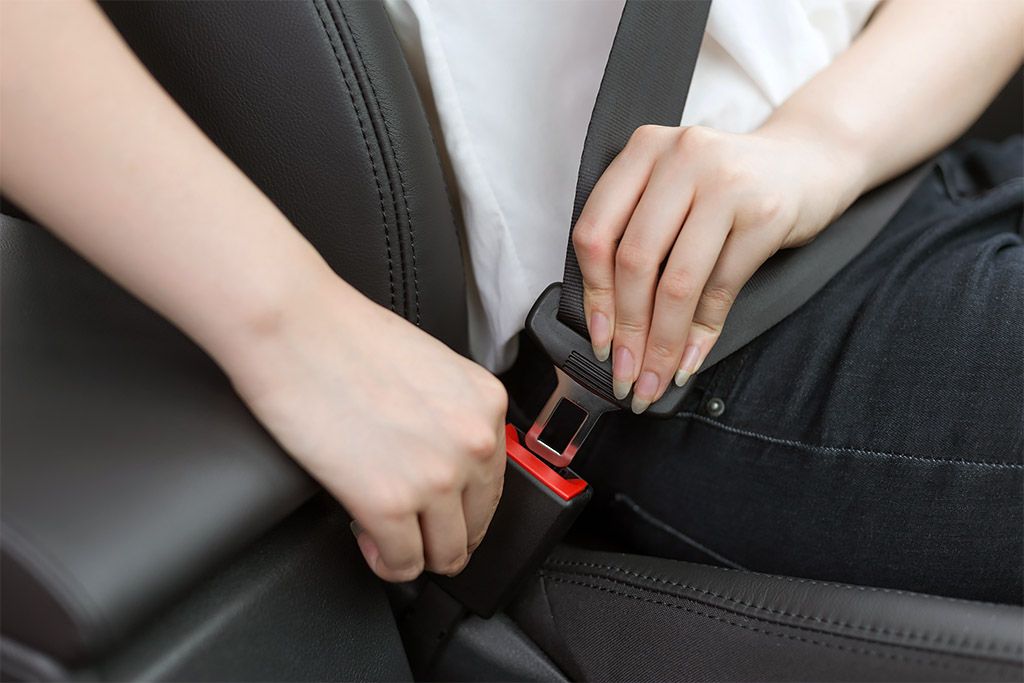
After her son’s death, Christy King started a foundation to honor her son. The Christopher King Foundation’s mission is to “tirelessly championing safe driving practices and the critical importance of seat belt usage.”
The Christopher King Foundation rallied behind the law and campaigned for increased awareness and education. According to the website, the foundation aims to spread “awareness about the imperative of driving safely.”
Real Voices: Grief, Hope, and Relentless Advocacy

Unsurprisingly, Christy King, Christopher’s mother, was the bill’s most outspoken supporter. “It was the one time he didn’t buckle up that killed him,” she testified, her words echoing in newsrooms and legislatures.
Legislators like Karen Keys-Gamarra, the bill’s sponsor, called it “common sense” and credited the persistent advocacy of families, like the Kings, for helping push the law across the finish line. Moreover, survivors of the crash that killed Christopher, such as Fred Hannah, have also come forward in support of the new law.
Lawmakers Respond: Debate, Delay, and Breakthrough

The path to enacting this law wasn’t simple. According to news coverage, some lawmakers wouldn’t budge, citing “personal freedom,” while others countered with undeniable statistics and the rising incidents of unbelted fatalities.
Lobbying and advocacy groups, like the Christopher King Foundation, pushed forward unrelentingly, and the legislation passed and was signed into law by Governor Youngkin. While social media arguments continue, the law is clear—safety now trumps our old habits.
The Numbers Don’t Lie: Deaths and the Back Seat Fallacy
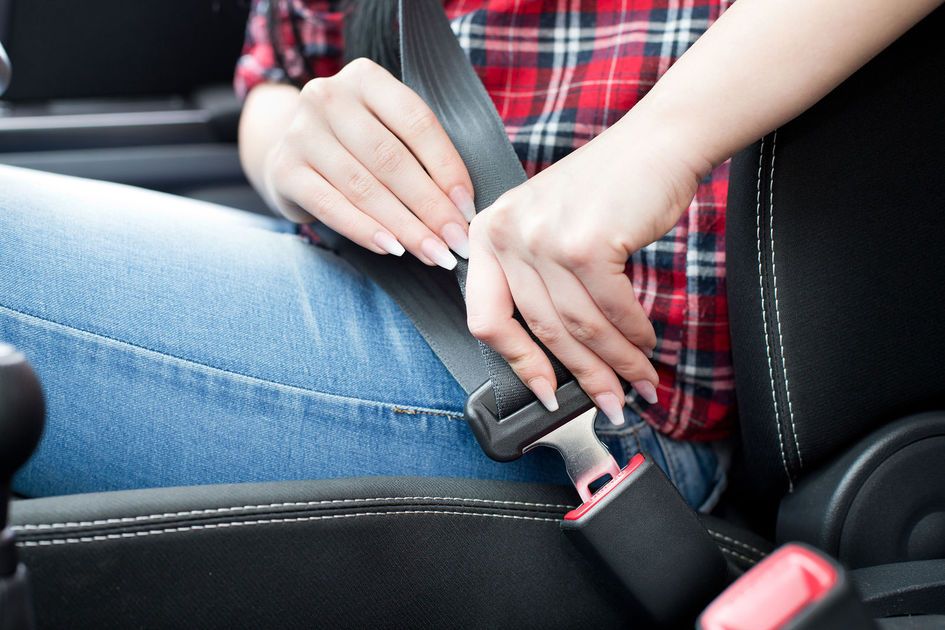
Shocking statistics debunked the stereotype we all heard growing up: that the back seat is safe without a seatbelt. According to DMV’s Highway Safety Office, in 2024, 67% of back seat riders who died in Virginia crashes were unbuckled.
National research, such as studies conducted by the Harborview Injury Prevention and Research Center, and the University at Buffalo and CenTIR, verifies this statistic: unbelted back seat passengers can become deadly projectiles, injuring others inside the vehicle as well as themselves.
The new law responds directly to those sobering statistics, seeking to turn a fatal trend around.
What Now? Practical Tips for Staying Safe (and Legal)
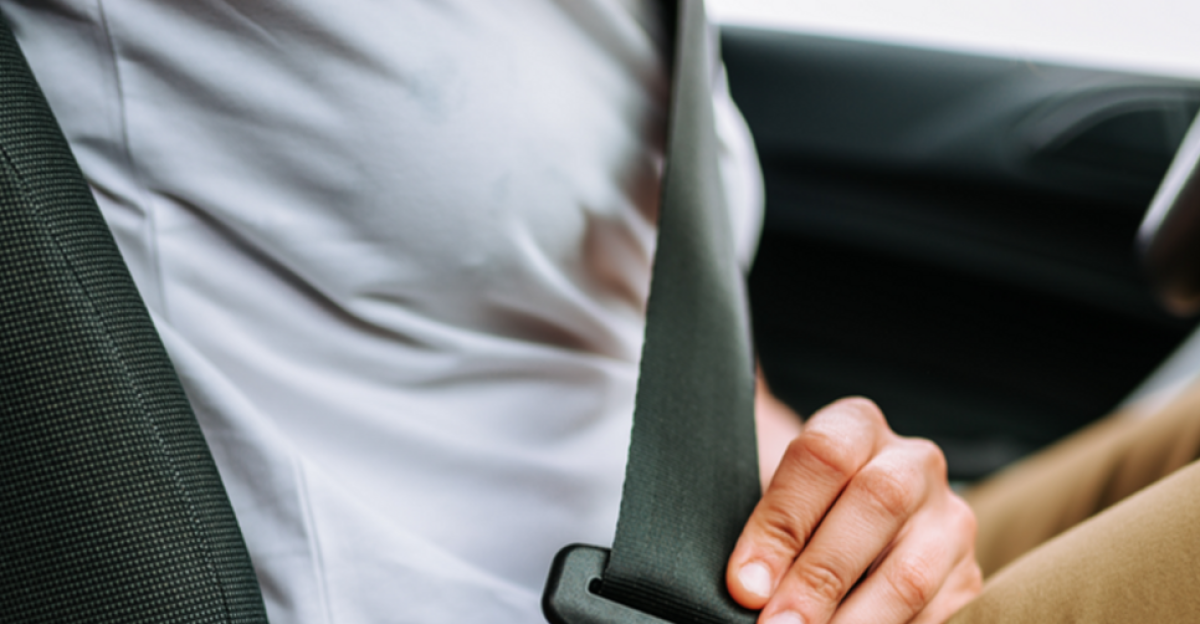
So what do you do? Make seatbelt checks second nature—before starting your car and for each passenger. Further, inform friends, kids, and ride-share passengers: no belt, no ride. For parents, be a model; for drivers, set an example
And if you see viral arguments on social media, share the facts: this law isn’t about punishment, it’s about protection. The societal change starts with you.
The Ripple Effect: A Safer, Smarter Future

This law represents a step toward cultural change where the tired old excuses—short trips, too many people—give way to a new norm: everyone buckles up, always.
The law also challenges us to rethink safety and responsibility. Virginia’s highways grow safer as the consequences spread—from families to lawmakers to social media. The real impact, though, will be seen in fewer tragedies, more lives saved, and a world where seatbelt use for everyone is normalized.
